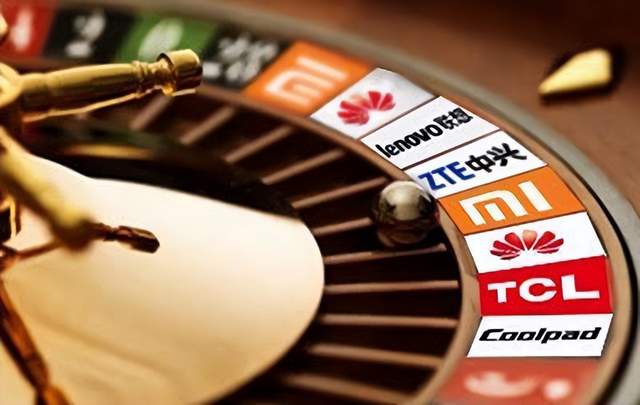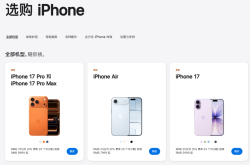Homage to Apple from domestic mobile phone brands will only lead to losing more market share. iPhone stands alone in excellence!
![]() 11/13 2024
11/13 2024
![]() 617
617
Recently, many domestic mobile phone brands have released their flagship models. With the launch of these flagship phones, it can be seen that they are paying homage to Apple, essentially imitating Apple's design. The result of this may not be worth the effort, as it could lead to domestic mobile phones losing even more market share.

The most direct homage to Apple lies in the phone cases. Apple's iPhone models in recent generations have adopted right-angle frame designs, which most domestic mobile phones have also followed, perhaps believing that consumers favor this design.
However, not all consumers prefer this right-angle frame design because it is not comfortable to hold. Today's mobile phone screens are relatively large, making it difficult to hold with one hand, and the right-angle frame design further complicates the issue.
In contrast, the previously used rounded frame design on domestic mobile phones is more suitable for one-handed use and gives consumers a lighter and thinner feel. Especially when many phones now weigh 200 grams or more, this rounded design at least gives a sense of lightness to otherwise bulky phones.

Furthermore, domestic mobile phones are also following Apple's physical camera button. Some domestic mobile phone brands have added a "snapshot shortcut" on the side of the body, supporting quick camera activation and zoom functionality.
While this added feature may convenience consumers in launching the camera, it could also lead to accidental touches, causing inconvenience. Consumers generally dislike such complications.
There is also the Dynamic Island design, which has been replicated by domestic mobile phones. These examples show that domestic mobile phones tend to follow Apple's lead, which is indeed convenient and can reduce research and development costs. However, such a practice may not necessarily help them capture Apple's market share.

Whether in the domestic or global market, Apple's market share is less than 20%, indicating that most global consumers still prefer the Android system. Of course, this is also related to the lower prices of Android phones. However, it also reflects consumers' different preferences for iOS and Android operating systems.
Apple has fully transitioned to gesture-based operations, while Android systems offer both gesture-based operations and traditional three-button navigation. Personally, I believe that Android's three-button navigation is more efficient. For example, to close an article, an iPhone user needs to move their hand to the close button in the top-left corner, while an Android user can simply press the back button at the bottom of the screen.
Small-screen phones were once considered unpopular, leading Apple to gradually abandon this design. However, since last year, a domestic mobile phone brand's small-screen phone has gained popularity among consumers due to its thinner and lighter form factor and better hand feel.

These facts demonstrate that market demands are diverse. Paying homage to Apple and adopting similar designs is not advantageous for domestic mobile phones. Blindly imitating Apple will only cause domestic mobile phones to lose their differentiated market positions. Ultimately, the result will undoubtedly be more loss than gain.
Several years ago, domestic mobile phones adhered to independent design and technological research and development, differentiating themselves in photography, appearance, and battery life, effectively competing with Apple. That was an era of flourishing innovation, driving domestic mobile phone sales to a peak of 470 million units. However, current domestic mobile phone sales have fallen to 270 million units. This reality suggests that domestic mobile phones should focus more on differentiation. Blindly following Apple will not yield good results.








